10 Ways to Speed Up Your Slow Computer Without New Hardware (2024)
Turbocharge Your PC: 10 Ways to Boost Computer Speed Without Spending a Dime

Is your computer feeling sluggish? Before you shell out cash for new hardware, try these 10 proven tips to give your PC a performance boost without spending a dime.
1. Declutter Your Desktop

A messy desktop can slow down your computer. Remove unnecessary icons, files, and folders from your desktop. Organize them into folders or move them to your hard drive.
2. Uninstall Unused Programs

Many programs run in the background, consuming valuable resources. Uninstall any programs you don't use regularly. Go to your control panel and select "Uninstall a program."
3. Disable Startup Programs

Some programs automatically start when you boot up your computer. This can slow down the startup process and consume resources. Disable unnecessary startup programs by going to the Startup tab in your Task Manager (Ctrl+Shift+Esc).
4. Disk Cleanup

Over time, your computer accumulates temporary files, system files, and other unnecessary data. Use the Disk Cleanup tool to remove these files and free up valuable space. Search for "Disk Cleanup" in the start menu and follow the prompts.
5. Defragment Your Hard Drive (HDD Only)

If you have a traditional hard disk drive (HDD), defragmentation can improve performance by organizing your files for faster access. Note that you don't need to defrag solid-state drives (SSDs).
6. Update Your Operating System and Drivers

Ensure your operating system (Windows or macOS) and device drivers are up-to-date. Updates often include performance improvements and bug fixes.
7. Adjust Visual Effects

Visual effects can make your computer look nice, but they can also slow it down. Adjust the visual effects in your system settings to prioritize performance over appearance.
8. Increase Virtual Memory

Virtual memory uses part of your hard drive as additional RAM. Increasing virtual memory can help improve performance if you're running out of RAM.
9. Run a Malware Scan

Malware can significantly slow down your computer. Run a full scan with your antivirus software to detect and remove any malicious software.
10. Reset Your Computer (Last Resort)

If all else fails, resetting your computer to its factory settings can often resolve performance issues. Be sure to back up your important files before resetting.
Conclusion
By following these tips, you can significantly improve your computer's performance without spending any money on new hardware.
Do you have any other tips for speeding up a computer? Share them in the comments below!




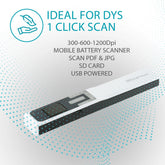





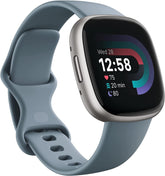



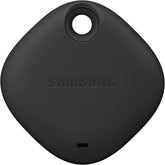
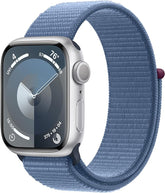

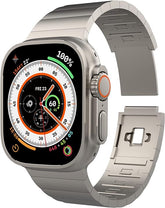
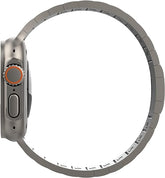
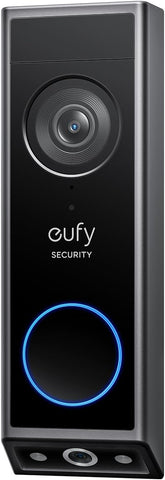

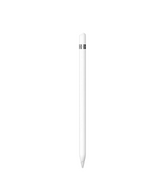

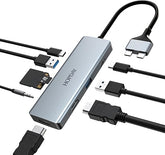
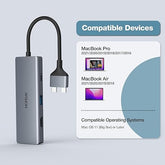
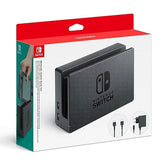
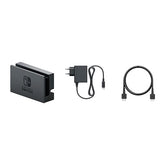
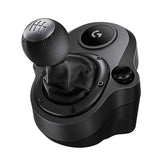
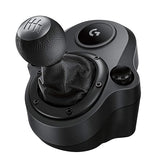
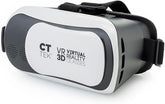
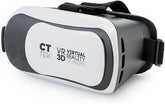


![["B0B1L87TMY"]](http://smarttechshopping.com/cdn/shop/products/7110BNil-dL._AC_SL1500_165x.jpg?v=1695449139)
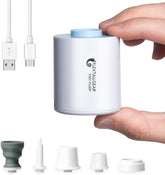
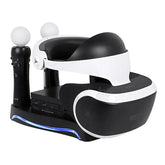


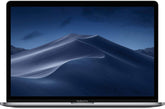
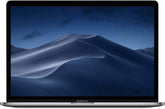

Leave a comment
Please note, comments need to be approved before they are published.